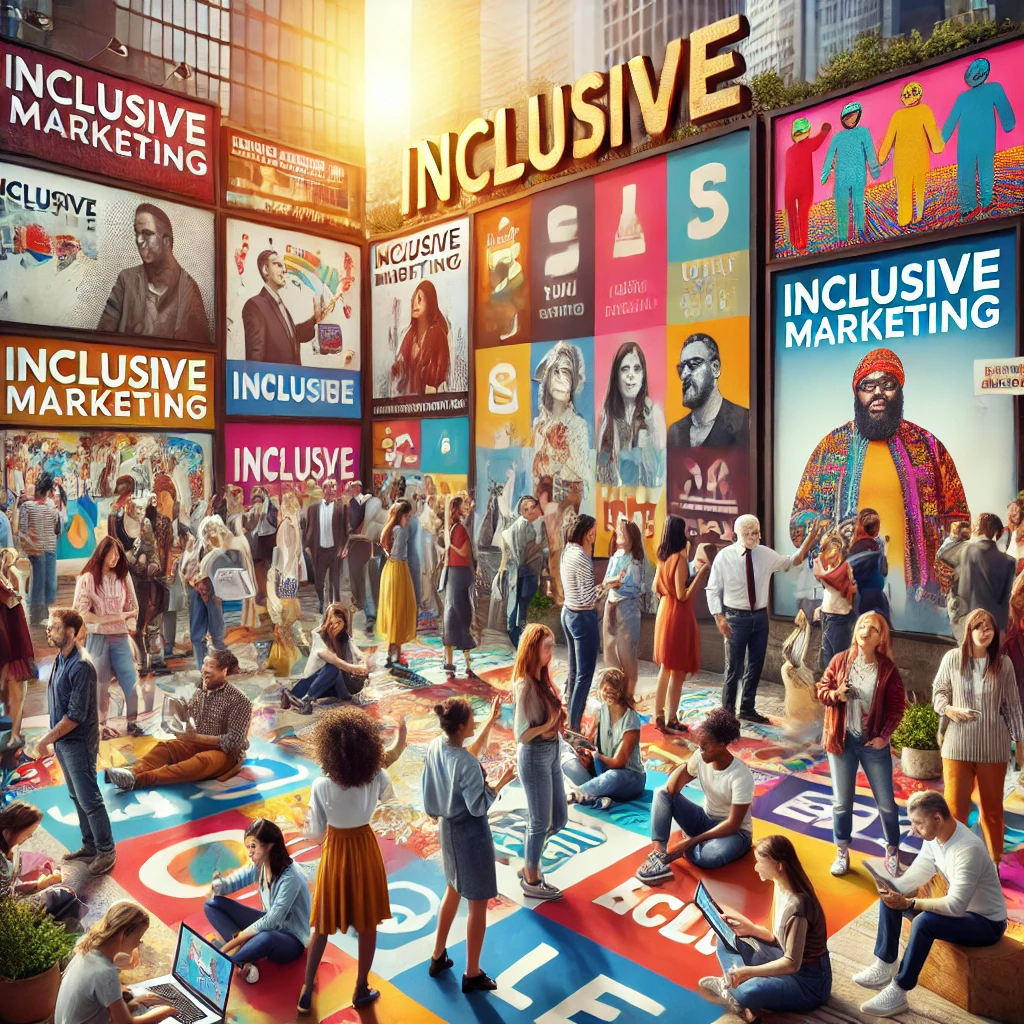Inclusive marketing is a strategic approach that aims to improve representation and foster a sense of belonging within the marketing and advertising materials that organizations create. At its core, inclusive marketing ensures that diverse voices and perspectives are authentically represented, helping brands to connect more deeply with their audiences.
The Importance of Representation
Representation in marketing is more than just a trend; it’s a necessity in today’s diverse world. Consumers come from various backgrounds, ethnicities, genders, ages, and abilities, and they want to see themselves reflected in the content they consume. Inclusive marketing strives to make sure that everyone can see themselves in a brand’s messaging, which not only helps to build trust but also fosters loyalty.
Elements of Inclusive Marketing
Inclusive marketing involves several key elements:
- Diverse Imagery and Messaging: This includes using images, videos, and language that reflect a wide range of people and experiences. It’s about showcasing different cultures, body types, and abilities in a way that feels natural and respectful.
- Authentic Storytelling: Telling stories that resonate with diverse audiences by being truthful and respectful to the cultures and communities they represent. Authenticity is crucial for avoiding stereotypes and ensuring that the portrayal of different groups is accurate and dignified.
- Accessibility: Ensuring that all marketing materials are accessible to people with disabilities. This might include using alt text for images, providing captions for videos, and designing websites that are easy to navigate for everyone.
- Community Engagement: Involving diverse voices in the creation process, whether through focus groups, community consultations, or partnerships with organizations that advocate for underrepresented groups. This ensures that the content is not only inclusive but also resonates with the target audience.
The Impact of Inclusive Marketing
Inclusive marketing is not just about doing the right thing; it’s also good for business. Brands that embrace diversity and inclusion in their marketing efforts are more likely to connect with a broader audience, driving engagement and sales. Moreover, it helps to create a positive brand image, showing that the company values all of its customers equally.
In a world that is increasingly interconnected and diverse, inclusive marketing is essential for any brand looking to stay relevant and build lasting relationships with its audience. By improving representation and fostering a sense of belonging, organizations can create more meaningful and impactful marketing campaigns that resonate with everyone, regardless of their background.




